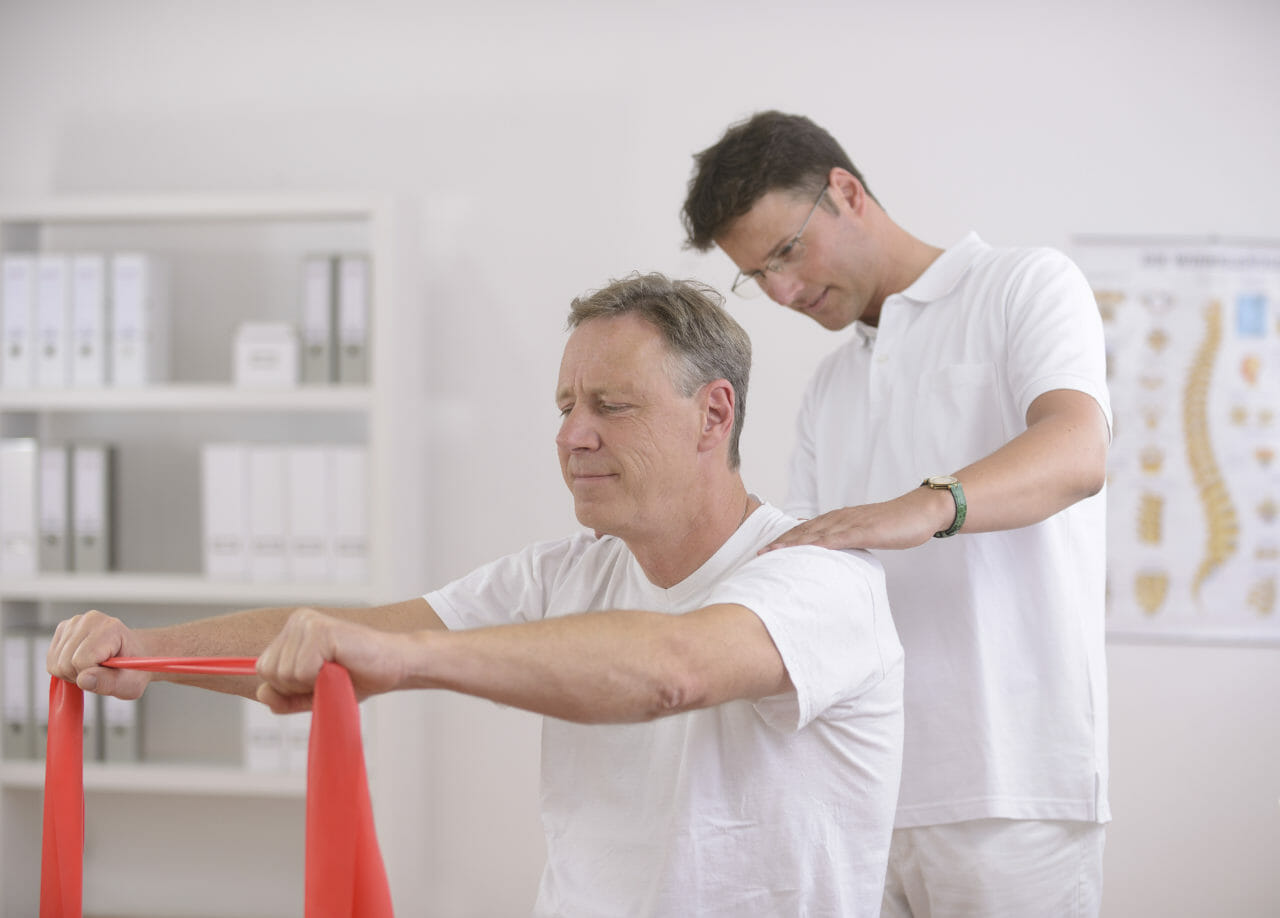Injuries happen. All the training, prevention and strategic planning in the world can’t eradicate them entirely. But that’s not to say they cannot be reduced significantly, and it turns out the best way to accomplish this is by identifying risk factors and addressing them individually.
The Functional Movement Screen (FMS) is an injury risk assessment system that does just this, and physical therapists at Dynamic Sports Physical Therapy in New York City are trained to use the FMS to help steer patients away from injury.
Based on years of innovation and the most current scientific research, the FMS is a ranking and grading system that documents movement patterns key to normal function. In screening these patterns, it helps to identify muscle asymmetries, tightness, weakness and other risk factors for injury by examining mobility and stability of the hips, core, shoulders, knees spine and ankles. Once identified, these risk factors are then used to design a corrective exercise program intended to restore proper movement and build strength, helping to retrain the body to move in the most stable, efficient way possible.
As a comprehensive system with a thorough evaluation, the FMS eliminates the need for extensive tests and analysis, and it also uses simple language so patients and physical therapists can communicate clearly on progress and treatment.
The FMS works by testing 7 different movement patterns, scored on a scale from 0-3, with 0 signifying extreme pain during the pattern and 3 meaning an unquestioned ability to perform the pattern. If any of the 7 movements is mechanically unsound, there are limitations or asymmetries somewhere.
The 7 movement patterns of the FMS
- 1) Deep squat: Screens hips, shoulders, knees, spine and ankles
- 2) Hurdle step: Screens hips, knees and ankles
- 3) Inline lunge: Screens ankle, knee stability, abductor/adductor weakness
- 4) Shoulder mobility: Screens shoulder’s range of motion, external and internal rotation, and posture
- 5) Active straight-leg raise: Screens hamstring and calf flexibility, hip mobility, and pelvic stability
- 6) Trunk stability pushup: Screens trunk stability and core strength
- 7) Rotational stability: Screens core stability and asymmetry
Since no human moves completely perfectly, anyone can benefit from being screened, and the FMS system can be applied to any fitness level. To get yourself screened and lower your chance of injury, visit us at Dynamic Sports Physical Therapy in New York City. Call 212-317-8303 to schedule an appointment.

